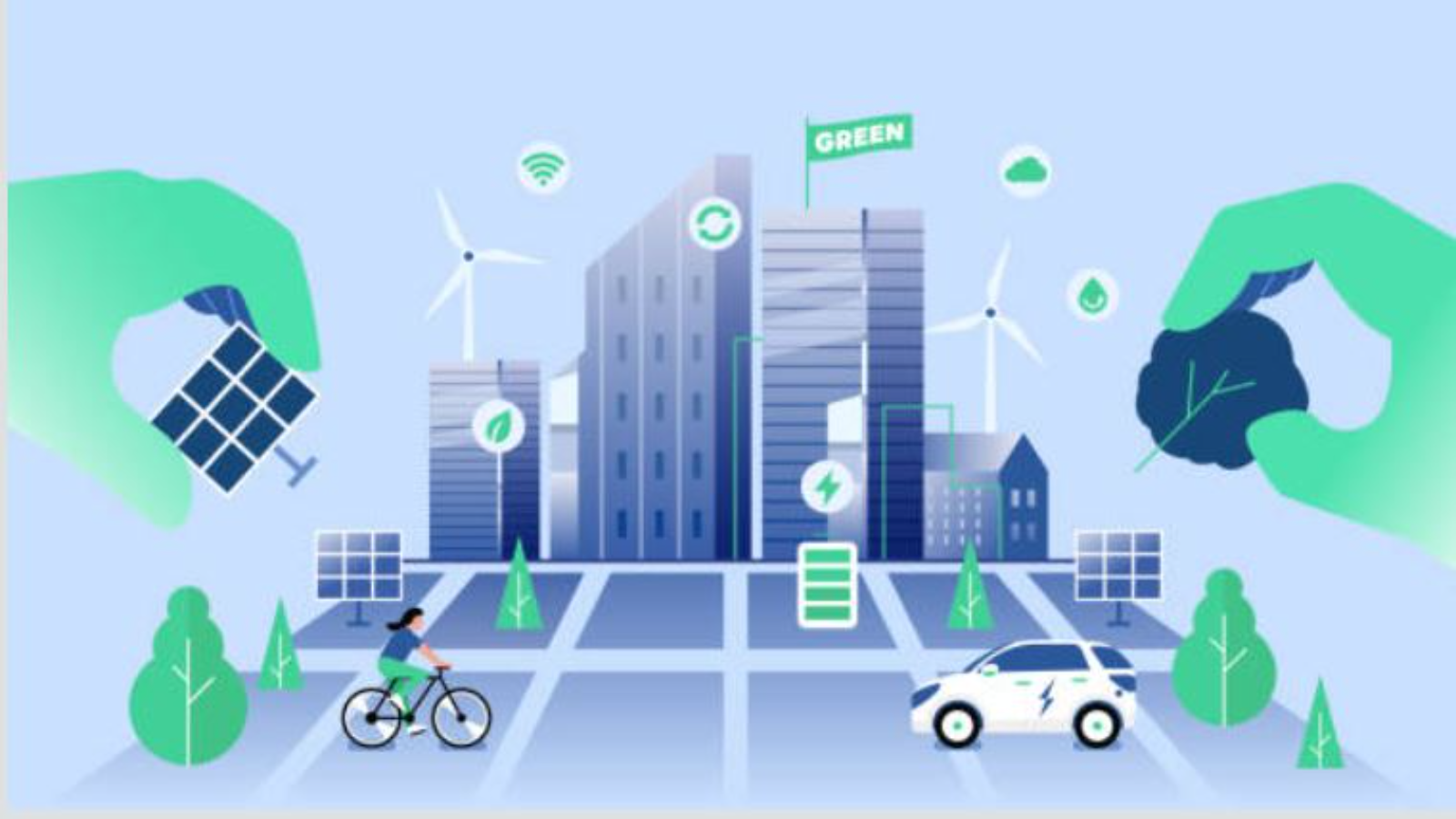In this Article
Introduction
The National Smart City Award 2023 has spotlighted some of the most transformative innovations in urban development. These innovations are not just about integrating advanced technology but also about creating sustainable, efficient, and inclusive urban environments. This year’s award highlighted several pioneering projects that are setting new standards in smart city development. In this article, we will delve into the top seven innovations recognized at the National Smart City Award 2023 and explore their impact on urban living.
Innovations Recognized at National Smart City Award 2023
The innovations recognized span a range of sectors, from transportation and energy to public safety and citizen engagement. Here are the top seven innovations that stood out:
1. Autonomous Public Transportation
- Driverless Buses and Shuttles: Cities like Singapore and Helsinki have successfully implemented autonomous public transportation systems. These driverless buses and shuttles operate on fixed routes, providing reliable and efficient transportation options for residents. The use of AI and advanced sensors ensures safe navigation and reduces the risk of accidents.
- Smart Traffic Management: Integrating autonomous vehicles with smart traffic management systems optimizes traffic flow and reduces congestion. Real-time data from traffic sensors and cameras help manage traffic lights and reroute vehicles, improving overall transportation efficiency.
2. Renewable Energy Microgrids
- Localized Energy Production: Renewable energy microgrids are small-scale power grids that operate independently or in conjunction with the main power grid. These microgrids utilize renewable energy sources such as solar and wind power to generate electricity locally. This reduces reliance on fossil fuels and enhances energy security.
- Energy Storage Solutions: Advanced energy storage systems, such as lithium-ion batteries, are essential components of renewable energy microgrids. These systems store excess energy generated during peak production times and release it when demand is high, ensuring a stable and reliable power supply.
3. Smart Waste Management
- Automated Waste Collection: Smart waste management systems use IoT-enabled sensors to monitor waste levels in bins and dumpsters. When a bin is full, the system automatically schedules a collection, optimizing waste collection routes and reducing operational costs.
- Recycling and Composting Initiatives: Several award-winning cities have implemented comprehensive recycling and composting programs. These initiatives encourage residents to sort their waste and participate in recycling efforts, significantly reducing landfill use and promoting environmental sustainability.
4. Intelligent Water Management
- Smart Water Meters: Intelligent water management systems use smart meters to monitor water usage in real time. These meters provide detailed insights into consumption patterns, helping residents and city officials identify leaks and reduce water wastage.
- Water Quality Monitoring: Advanced sensors and IoT devices monitor water quality in real time. These systems detect contaminants and pollutants, ensuring that the water supply remains safe and clean for residents.
5. Digital Twin Technology
- Virtual City Models: Digital twin technology involves creating virtual replicas of physical city environments. These virtual models support urban planning, infrastructure management, and disaster response. By simulating different scenarios, city officials can make informed decisions and optimize city operations
- Predictive Maintenance: Digital twins enable predictive maintenance of critical infrastructure. By continuously monitoring the condition of assets such as bridges and buildings, cities can identify potential issues before they become major problems, reducing maintenance costs and enhancing public safety.
6. Public Safety Innovations
- Smart Surveillance Systems: Award-winning cities have implemented advanced surveillance systems that use AI and machine learning to enhance public safety. These systems can detect unusual activities and alert authorities in real time, enabling quick and effective responses to potential threats.
- Emergency Response Platforms: Integrated emergency response platforms streamline communication between various emergency services. These platforms provide real-time information and coordination, ensuring a swift and efficient response to emergencies.
7. Citizen Engagement Platforms
- Participatory Budgeting: Some cities have introduced participatory budgeting platforms that enable residents to influence how public funds are allocated. These platforms enable citizens to propose and vote on community projects, fostering a sense of ownership and involvement in city governance.
- Community Feedback Tools: Mobile apps and online portals gather feedback from residents on various city services, using this feedback to improve service delivery and address community concerns, thereby enhancing the overall quality of life for residents.
Conclusion
The National Smart City Award 2023 has highlighted the incredible innovations that are driving the future of urban living. From autonomous transportation and renewable energy microgrids to smart waste management and digital twin technology, these innovations are making cities more efficient, sustainable, and livable. As cities around the world continue to grow and evolve, the lessons learned from these award-winning projects will be invaluable in shaping the smart cities of tomorrow.
How Can We Help?
At AlphaX, we understand the complexities and challenges that cities face in their journey toward becoming smart cities. Our ecosystem designs comprehensive solutions that address these challenges and support sustainable urban development. To explore how AlphaX can help your city become smarter and more sustainable, visit our contact page.
References
Related Blog Posts
How Smart Cities Connect: Getting Started with Edge AI and IoT Technology
How to Get Started with Edge AI and IoT Technologies in Smart Cities: Overcoming Integration Challenges In recent years, the concept of smart cities has evolved from a futuristic Read More
5 Step Strategy: Ensuring Security and Privacy in 15-Minute Smart Cities
Introduction Ensuring security and privacy in 15-minute smart cities is a critical challenge as urban areas become increasingly connected through IoT and edge AI technologies. These cities aim to Read More
What is a smart city and the challenge of legacy systems
How to Get Started with Integrating Legacy Systems in Smart Cities Smart cities are transforming urban landscapes by leveraging technology to improve the quality of life for residents. However, Read More




